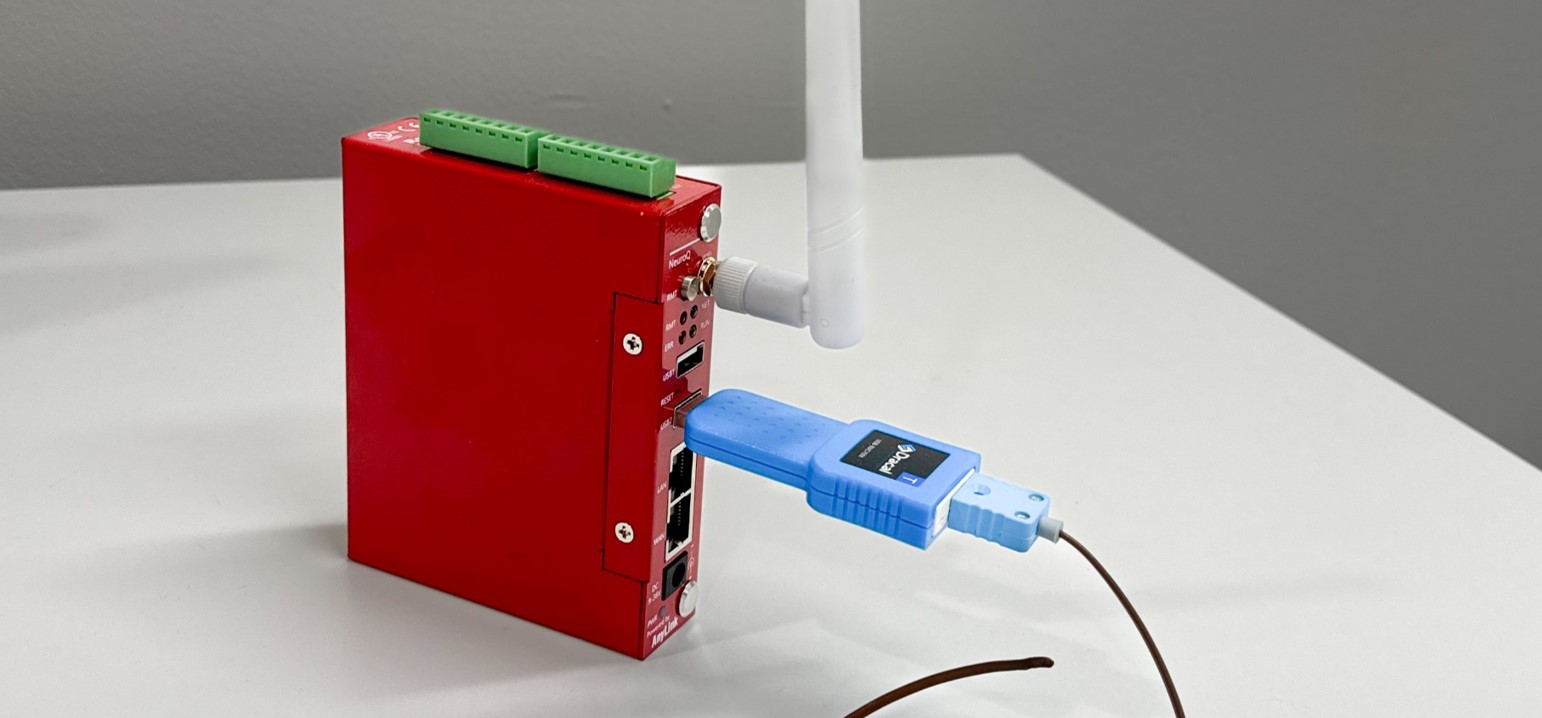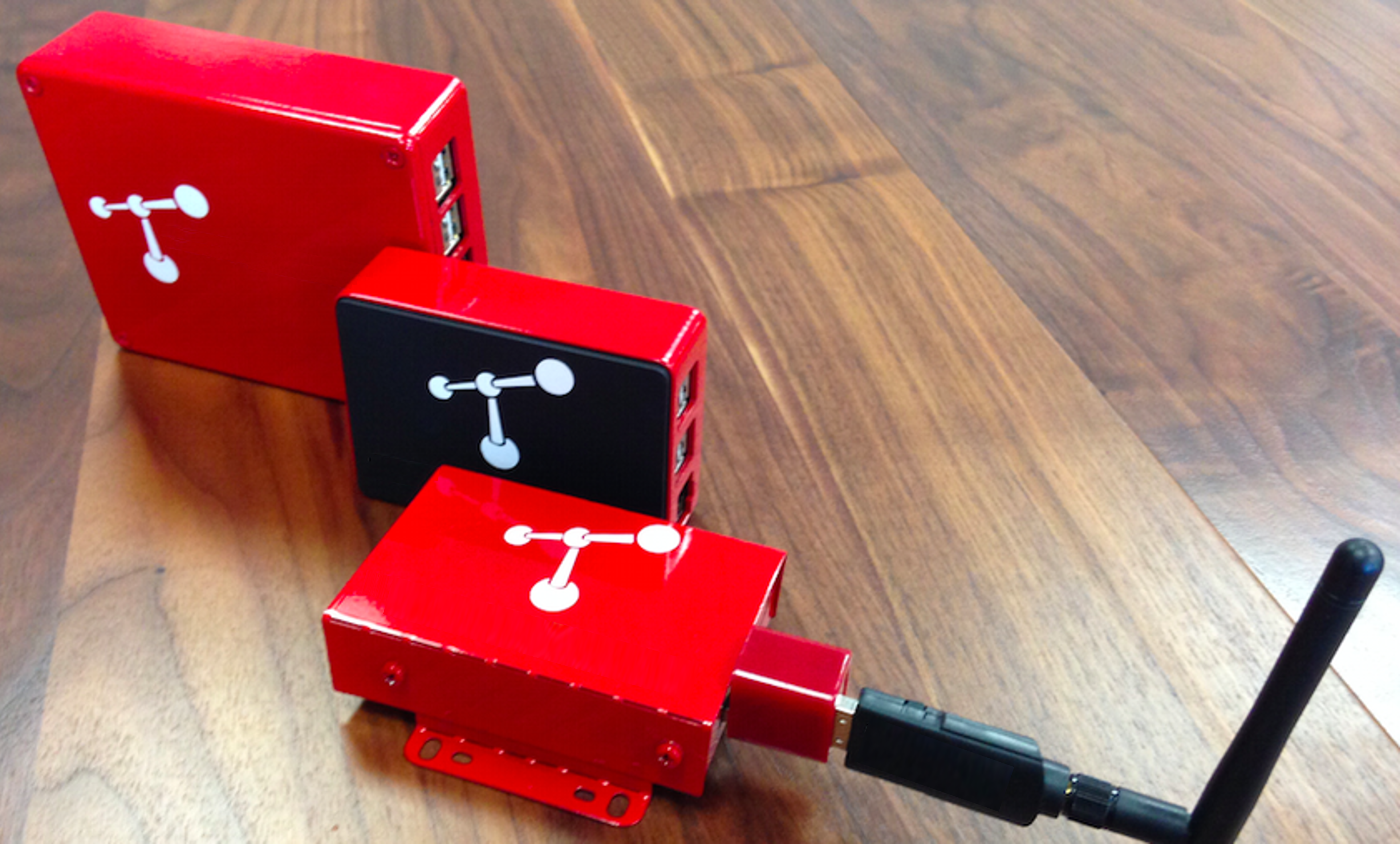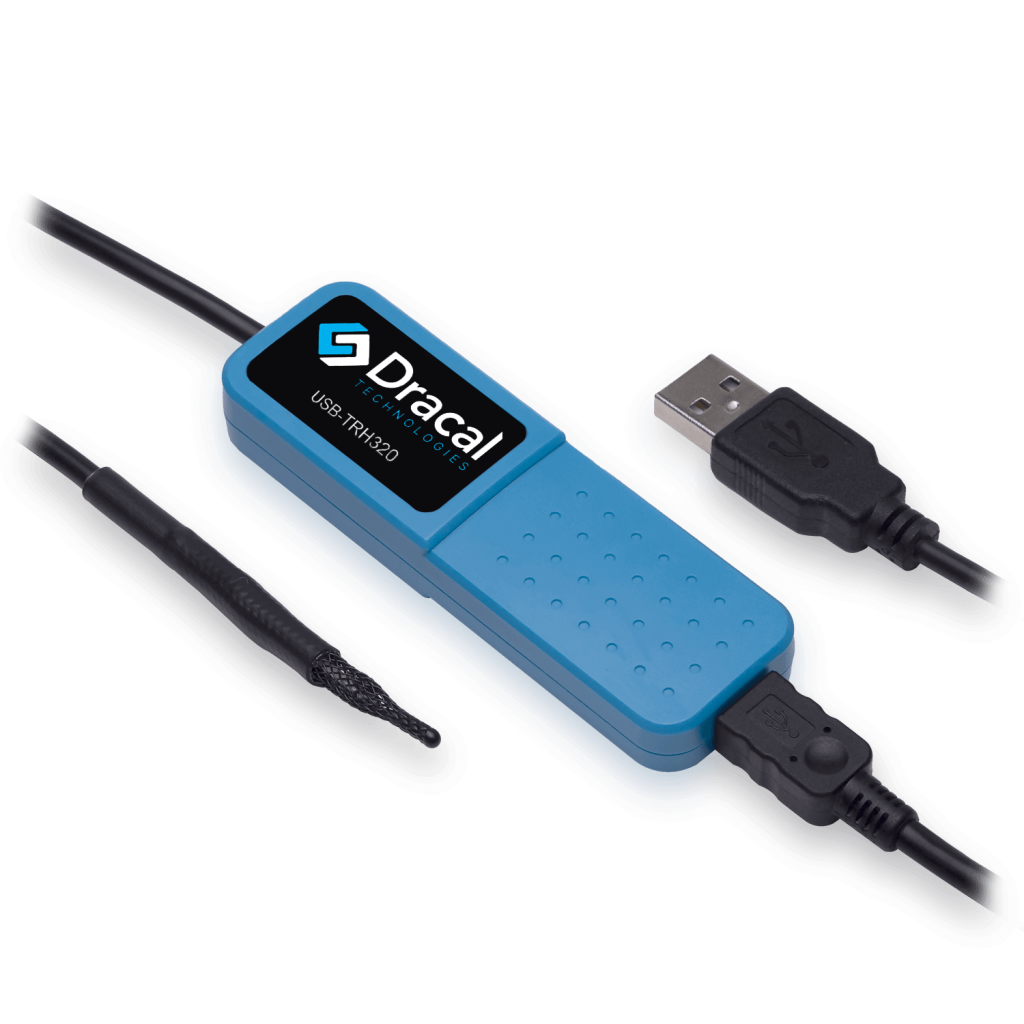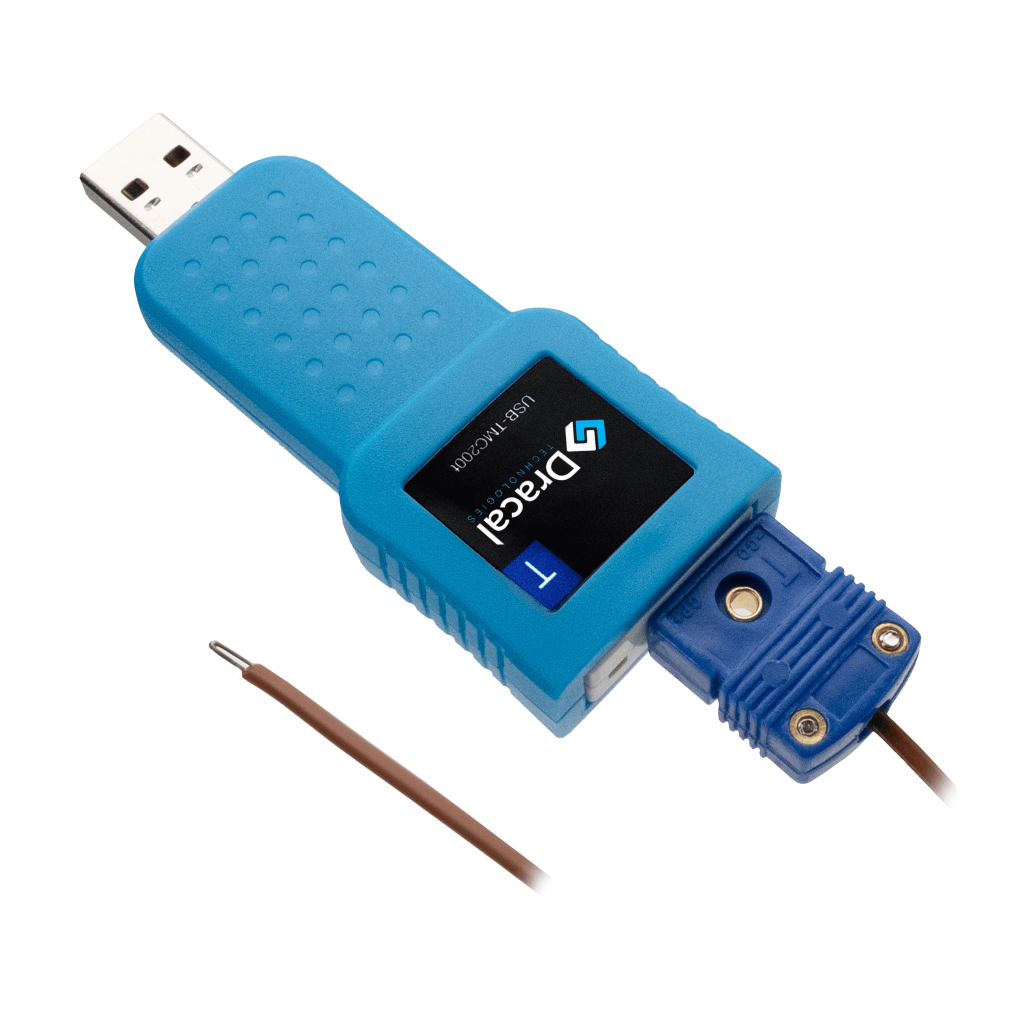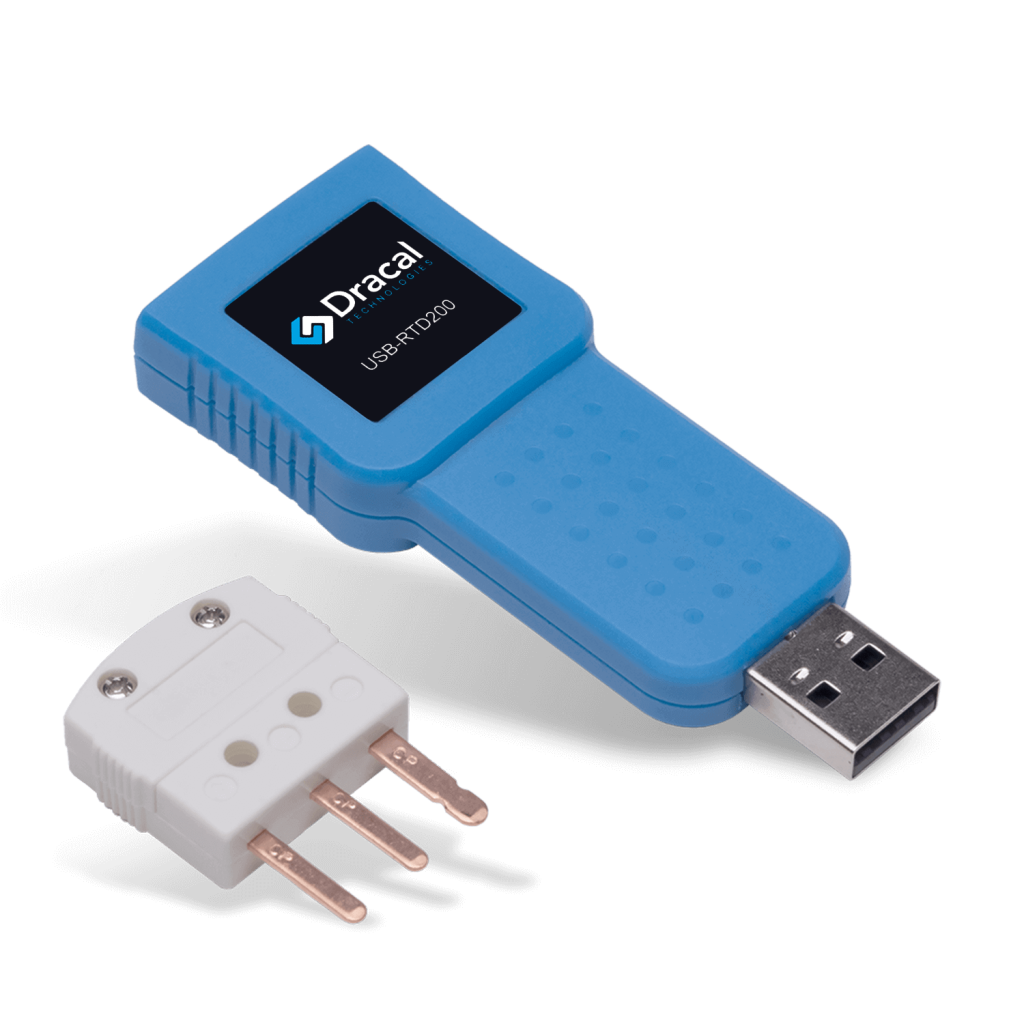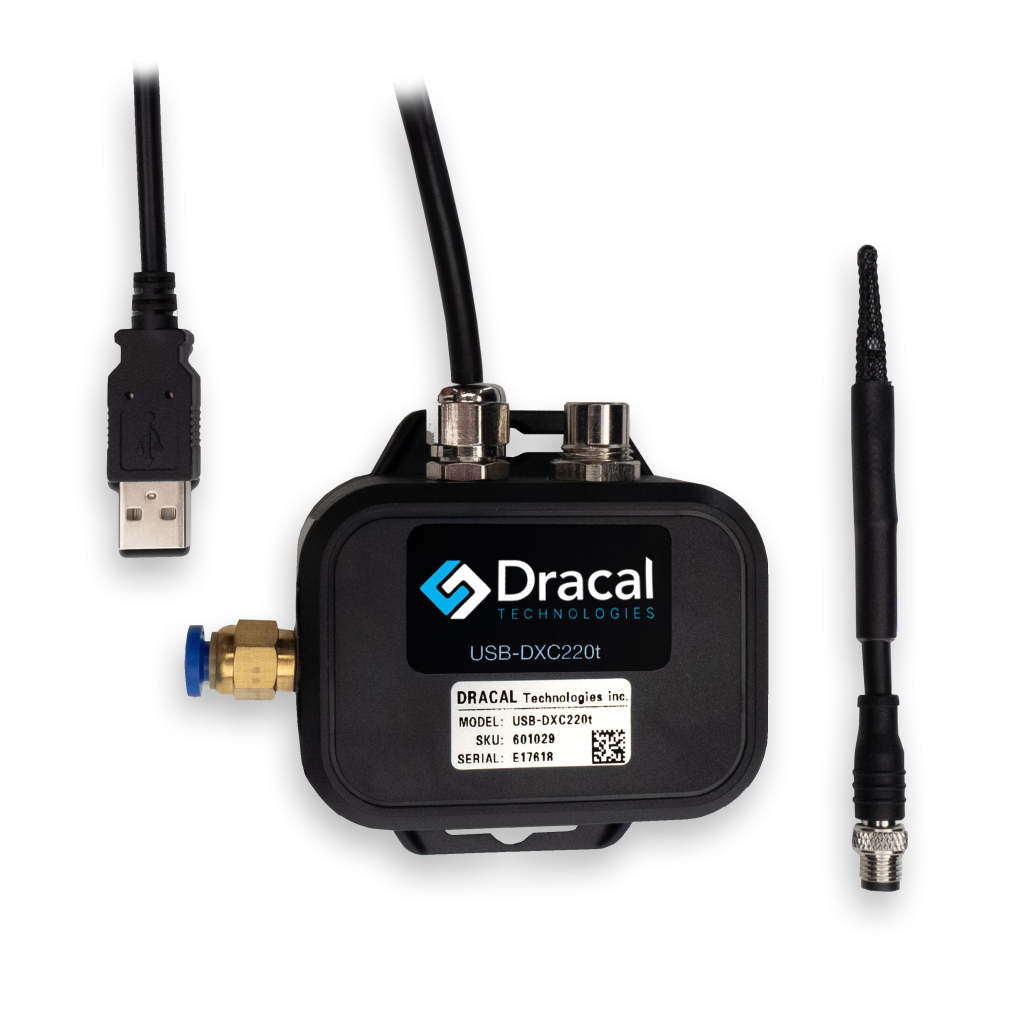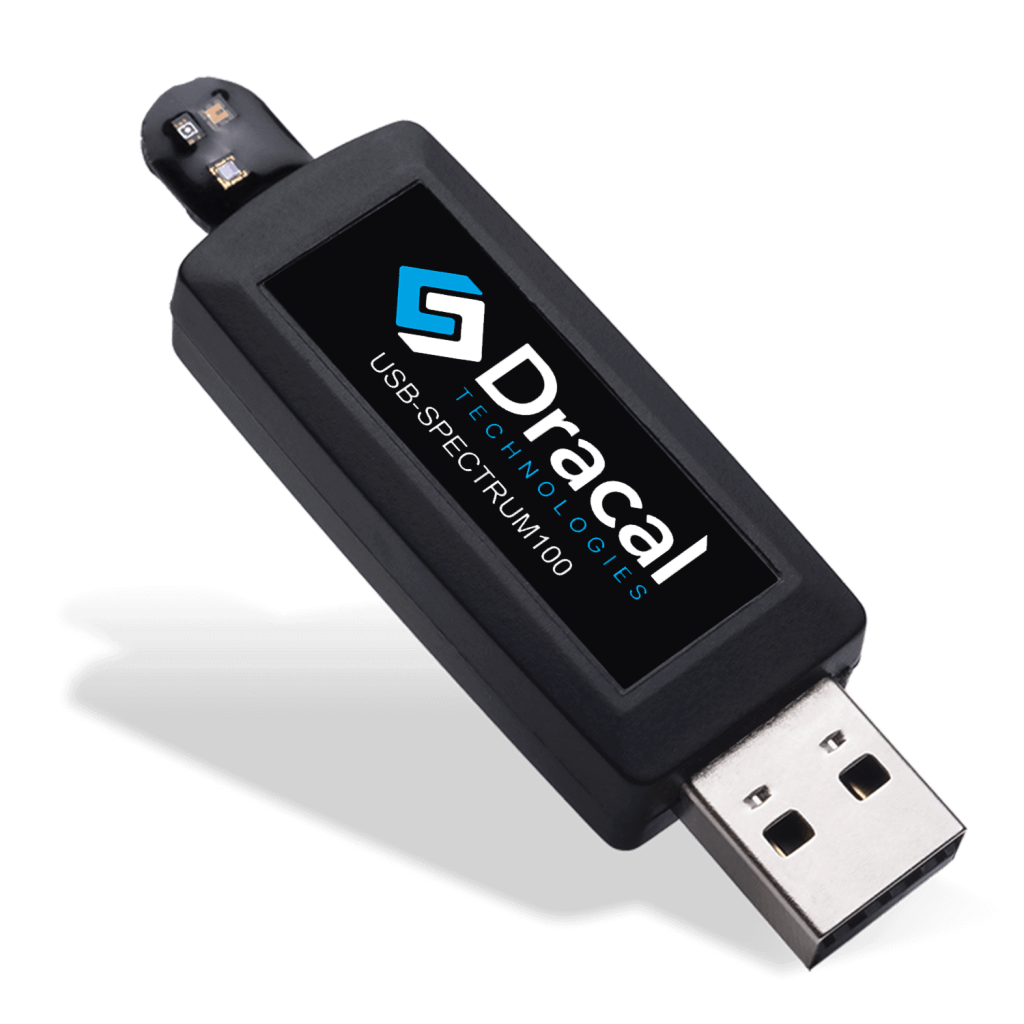How Tetra Lab Monitoring partnered with Dracal to build a successful IoT SaaS business in record time
Discussion with Tetra Lab Monitoring's technology designer
″Our first prototype was built with components already available on the market: Raspberry Pi, Arduino, components found on the Adafruit marketplace, and the temperature sensor was a thermocouple. Although all the components worked well together, the temperature monitoring wasn't as reliable as it needed to be. In some cases, the temperature began to deviate considerably from the actual temperature.
So I came up with a system to keep the board's temperature constant by adding a cooling system. Again, it worked, but it took a lot of iterations. That's when I realized that even if this was “working”, making this reproducible and scaling up with it would not be easy. Not because physics is difficult. But because we didn't have the time to investigate, to test, to understand the electronics, to make it reproducible and reliable.
In addition, it was clear to me that we couldn't be best in both hardware and software. This lack of focus would have meant failure on both counts.
So I thought: “Why don't we see if there's something that can simply be plugged into the USB port and is off-the-shelf, so we don't have to worry about sensors? We don't want to be in the sensor business. We want to be in the IoT software business.”
As I explored different options, Dracal was the only one that was affordable, reliable, always had inventory, could build quality products very quickly and, most importantly, could easily extract real-time data into our software platform. The broad range of sensors and a simple method for pulling data that didn't require us to rewrite the firmware and the application on our IoT devices were also key factors that made us select Dracal.
Dracal was also the only company that was responsive, loved the business idea and therefore spent a lot of time with us, helping us and thinking things through, without ever shying away. Dracal's team made us feel that we could trust them. Last but not least, there was no business overlap between Dracal and Tetra Lab Monitoring because Dracal is a sensor company and we are a software company. So we saw it as a perfect win-win partnership and said “let's give it a try”. And it worked. And it worked well. It still does.
The fact that Dracal offers a modular system enabled us to plug different measuring instruments into the USB ports depending on the use case. This enabled us to cover a plethora of use cases simply by leveraging the USB port. This allowed us to focus on the software, which we wanted to be our core business, and not on the sensors. Using the Dracal solution also enabled us to iterate very fast. Building hardware takes a lot of time. It can take a year or a year and a half. For us, it was simply a matter of finding a box!
We even received comments from competitors wondering “how did the Tetra Lab Monitoring team manage to build a solution that rivals ours without building any hardware?”. They were puzzled! Dracal fits very well into this SaaS IoT model, because there are USB ports everywhere.″
Salvatore Savo, Co-founder of TetraScience and CTO at Elemental Machine
Industry
Life Sciences and biotechnology software
Customer
The Tetra Lab Monitoring was one of TetraScience's cornerstone solutions at its foundation. Although TetraScience is currently focused on being the world's only data and AI cloud built for science, before Elemental Machines acquired the Tetra Lab Monitoring solution, TetraScience built the first IoT solution in the market specifically designed to make Lab Operations more efficient and gave lab Managers piece of mind by automating instrument data collection in real-time.
Elemental Machine is known to leverage the best Internet of Things (IoT) technology and custom hardware/software solutions, delivering actionable insights to operators in life sciences, biopharma labs, biobanks, analytical labs, and manufacturing facilities. Its platform simplifies, optimizes, and augments operations by connecting the physical and digital worlds.
Project
Development of a complete solution that enables real-time access to critical laboratory data and provides alerts anytime, anywhere, offering peace of mind to laboratory managers and operators in the life sciences and biotech industries. The proprietary SaaS software supports an ecosystem of USB instruments, ensuring the solution's flexibility and scalability.
Implementation
The Tetra Lab Monitoring solution consists of an innovative web interface built with the most modern cloud technology and off-the-shelf IoT components. Using available hardware solutions like Dracal's enabled the company to focus on its core strengths and avoid risky hardware development projects.
Dracal Products
USB-TRH320 (-CAL), USB-TMC100t (-CAL), USB-RTD200 (-CAL), USB-DXC220t, USB-SPECTRUM100, traceability certificates
Contribution to the project
Dracal sensors are an integral part of the ecosystem of precision instruments supported by the Tetra Lab Monitoring solution. The platform instantly recognizes Dracal sensors, covering various applications depending on the laboratory's needs and compliance requirements. For example, in a biotechnology R&D context, some of Dracal's most robust products are installed in incubators. In other types of environments, such as vivariums, more specific sensors, such as light and temperature, are used. Depending on the application, the product choice is made to minimize the number of connections while optimizing the all-in-one capabilities of the Dracal ecosystem. Sensor data is collected by the Tetra Lab Monitoring IoT gateways and transmitted to the Cloud infrastructure, thus enabling customers to consume it in real-time.
Customer Feedback
Dracal has been a game changer by providing a whole ecosystem of reliable, affordable measuring instruments that are easily integrated via USB ports, allowing the focus to be on SaaS software development. This partnership enabled rapid iteration and scalability, thanks to Dracal's responsive support and seamless integration.
